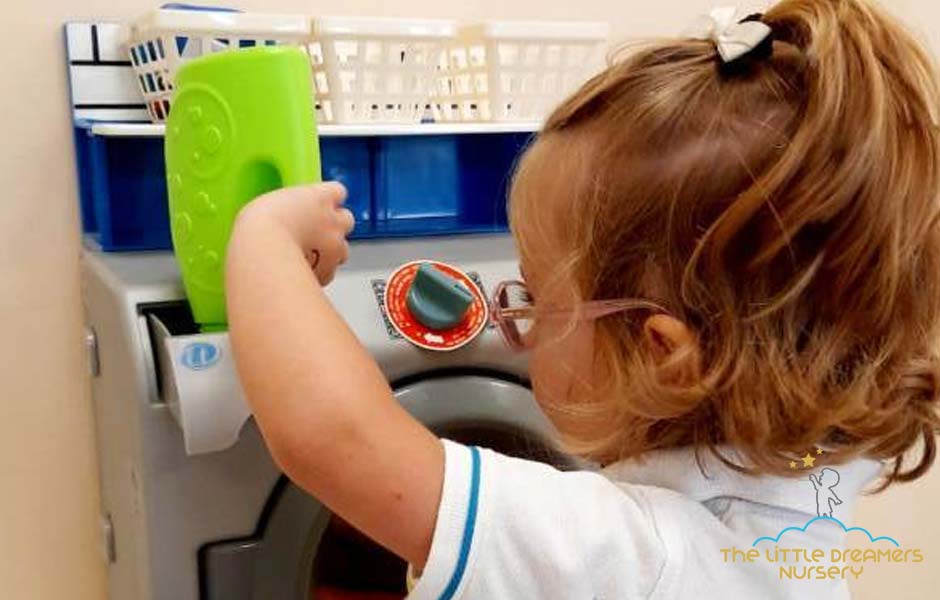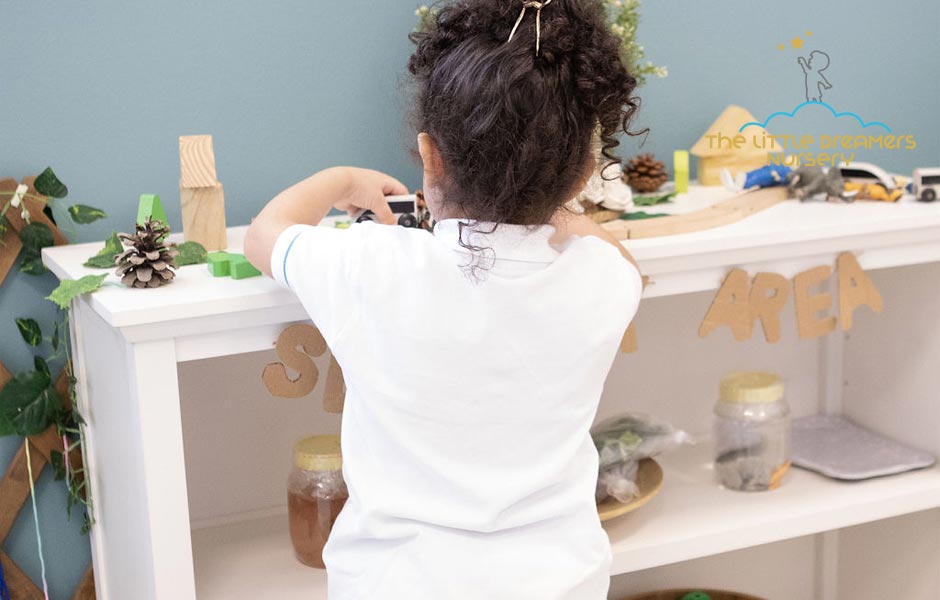Discipline is a term that often conjures up images of punishment and strict rules, but in reality, it’s much more than that. When it comes to children, discipline plays a crucial role in shaping their behavior, instilling important values, and helping them develop into responsible and well-adjusted individuals.
In this article, we’ll explore why discipline is so important for children’s development and how it can positively impact their lives.
Understanding Discipline
Before we dive into why discipline is important, let’s first clarify what we mean by discipline. Discipline refers to the methods and strategies parents and caregivers use to teach children appropriate behavior, set boundaries, and enforce rules. It encompasses a wide range of techniques, from positive reinforcement to consequences for misbehavior, all aimed at guiding children’s actions and helping them learn right from wrong.
Setting Clear Expectations
One of the key aspects of discipline is setting clear expectations for children. When children know what is expected of them and understand the consequences of their actions, they are more likely to make good choices and behave appropriately. Clear rules and boundaries provide children with a sense of structure and security, helping them feel safe and supported as they navigate the world around them.
 Teaching Responsibility
Teaching Responsibility
Discipline also plays a crucial role in teaching children responsibility. By holding children accountable for their actions and helping them understand the impact of their behavior on themselves and others, parents and caregivers can instill important values such as empathy, respect, and accountability. When children learn to take responsibility for their actions, they develop a sense of agency and autonomy that will serve them well throughout their lives.
Encouraging Self-Discipline
Another important aspect of discipline is teaching children self-discipline. Self-discipline is the ability to regulate one’s own behavior and impulses, and it is a valuable skill that can help children succeed in school, relationships, and life in general. By teaching children to delay gratification, control their emotions, and make thoughtful decisions, parents and caregivers can help them develop the self-discipline they need to thrive.
Promoting Healthy Relationships
Discipline also plays a crucial role in promoting healthy relationships between children and their parents, teachers, and peers. When children learn to respect boundaries, communicate effectively, and resolve conflicts peacefully, they are better equipped to form positive and meaningful connections with others. By modeling respectful and empathetic behavior, parents and caregivers can help children develop the social skills they need to navigate relationships successfully.
Building Confidence and Self-Esteem
Finally, discipline can help build children’s confidence and self-esteem. When children are praised for their accomplishments, encouraged to take on challenges, and supported through setbacks, they develop a sense of self-worth and confidence in their abilities. By providing children with opportunities to succeed and fail in a supportive environment, parents and caregivers can help them develop the resilience they need to face life’s challenges with confidence and optimism.
Additional Considerations
In addition to the above-discussed aspects of discipline, it’s essential to consider a few more factors that contribute to its importance in children’s lives.
Consistency
Consistency is key when it comes to discipline. Children thrive on routine and predictability, so it’s crucial to enforce rules consistently and follow through with consequences when necessary. Inconsistency can lead to confusion and frustration for children, making it harder for them to learn and internalize expected behaviors.
Positive Reinforcement
While consequences for misbehavior are necessary, positive reinforcement is equally important in shaping children’s behavior. Praising and rewarding children for their efforts and achievements helps reinforce desired behaviors and encourages them to continue making good choices. Positive reinforcement also fosters a strong parent-child bond and creates a supportive and nurturing environment for children to thrive.
 Age-Appropriate Discipline
Age-Appropriate Discipline
It’s essential to tailor disciplinary strategies to suit children’s age and developmental stage. What works for a toddler may not be effective for a teenager, so parents and caregivers should adapt their approach accordingly. Understanding children’s cognitive abilities, emotional needs, and temperament can help determine the most appropriate disciplinary techniques for each child.
Communication
Effective communication is essential in disciplinary situations. Instead of resorting to yelling or punishment, parents and caregivers should communicate calmly and clearly with children, explaining the reasons behind rules and consequences and listening to their perspectives. Open and honest communication fosters mutual respect and understanding between parents and children and helps build trust and cooperation.
Conclusion
In conclusion, discipline is an essential aspect of children’s development that plays a crucial role in shaping their behavior, instilling important values, and helping them navigate the world around them. By setting clear expectations, teaching responsibility, encouraging self-discipline, promoting healthy relationships, and building confidence and self-esteem, parents and caregivers can help children develop the skills and qualities they need to thrive. So, remember to approach discipline with love, patience, and understanding, and watch your little dreamers grow into responsible, respectful, and resilient individuals.
Implementing Discipline at The Little Dreamers Nursery
At The Little Dreamers Nursery in Jumeirah, Dubai, we recognize the importance of discipline in children’s development and strive to create a nurturing and supportive environment where children can learn and grow. Through a combination of clear expectations, positive reinforcement, and age-appropriate disciplinary techniques, we help children develop essential life skills such as responsibility, self-discipline, and respect for others.
Our experienced and dedicated staff members are trained to handle disciplinary situations with care and sensitivity, always keeping the best interests of the child in mind. We work closely with parents to ensure consistency between home and school environments, providing guidance and support to help reinforce positive behaviors and address any challenges that may arise.
By prioritizing discipline in our approach to early childhood education, we aim to empower children to become confident, compassionate, and resilient individuals who are equipped to succeed in school and beyond. At The Little Dreamers Nursery, we believe that every child has the potential to shine, and with the right guidance and support, they can reach for the stars.









